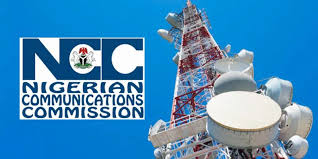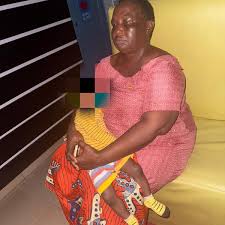DSS Files Criminal Charges Against Sowore At Abuja Court For Calling President Tinubu ‘A Criminal’
The Department of State Services (DSS) has filed criminal charges against human rights activist and former presidential candidate of the African Action Congress (AAC), Omoyele Sowore, at the Federal High Court in Abuja.
Criminal charges against Omoyele Sowore over remarks about President Tinubu are stirring a national debate on free speech and security in Nigeria.
A Sudden Twist in Abuja
Nigeria’s political conversation took a sharp turn this week when the Department of State Services (DSS) filed criminal charges against journalist and activist Omoyele Sowore.
The case, lodged at the Federal High Court in Abuja, stems from Sowore allegedly calling President Bola Tinubu “a criminal.”



For a country where politics and free speech are constant hot topics, the development has everyone—from legal analysts to civil-rights groups—asking hard questions about how far political commentary can go before it collides with the law.
The charge: DSS officials say Sowore’s remark crosses the line into a prosecutable offence under Nigerian statutes.
The defence: Sowore and his supporters argue it’s protected speech—political commentary, not a crime.
The setting: Federal High Court, Abuja. Paperwork has been filed, and the first hearings are expected soon.
A civil-society observer summed it up neatly:
“Speech is a cornerstone of democracy, but it exists within legal boundaries that lawmakers and security agencies must navigate carefully.”
Sowore is the founder of Sahara Reporters, a platform known for hard-hitting investigative stories. He’s also a perennial activist, often pushing for political reform and government accountability. This isn’t his first brush with authorities, which adds even more public interest to the case.
Bigger Picture: Free Speech vs. Security
This isn’t only about one outspoken journalist. It taps into broader questions:
- Free Expression: How much room do Nigerians truly have to criticise public officials?
- Security & Stability: Can strong rhetoric inflame tensions in a politically charged climate?
- Democratic Norms: Does prosecuting political speech risk discouraging other voices of dissent?
Supporters of Sowore warn that charging him could chill open debate. Critics counter that public figures have a responsibility to keep their rhetoric grounded—even when criticising leaders.
The outcome could set an important precedent. If the court sides with the DSS, it might embolden agencies to act against other outspoken critics. If the case is dismissed or ruled in Sowore’s favour, it could reinforce Nigeria’s legal protections for political speech.
Either way, the decision will echo well beyond this single courtroom.



